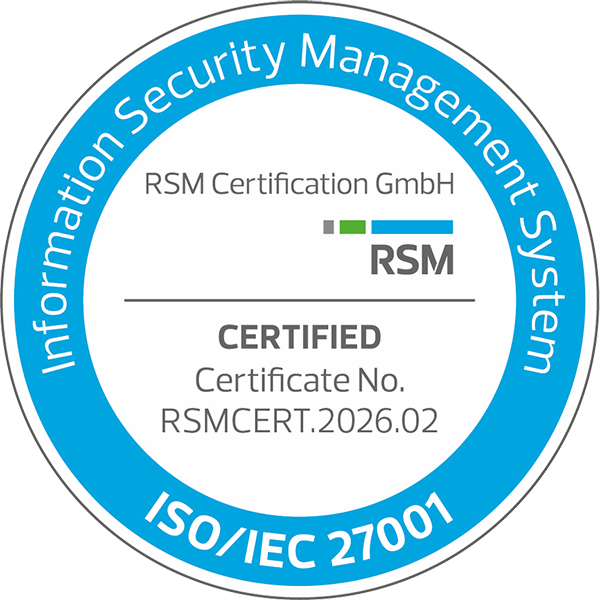Without indexing, finding information would be tedious and time-consuming. With an index, however, content can be located in a flash, whether on the web or in a document management system.
What Does Indexing Mean?
Indexing is a process that structures data and stores it in a register – the index. Think of an alphabetically sorted book register: instead of wandering past countless shelves, a quick glance at the register reveals the exact location of the information you need.
In the digital world, the principle is similar, just on a massive scale. A simple alphabet won’t cut it here: systems organize content by multiple criteria: such as keywords, freshness, relevance, or file type, and store a reference to where the item can be found.
An index is therefore a multi-factor sorting system. It ensures searches are not only fast but also precise, because the system considers several factors at once.
Indexing on the World Wide Web
Without indexing, web searches would be a patience test. Imagine a search engine having to scan the entire web for every query, that would be like looking for a book in a library without a subject index. This is where the index comes in.
Search engines like Google or Bing create massive indexes containing billions of web pages. The process starts with crawling, an automated scanning of the web. Here’s how it works:
- Bots follow URLs: Special programs, called bots, traverse the web by following URLs and collecting content.
- Content analysis: Texts, images, and metadata are evaluated and organized by criteria such as relevance, freshness, or topic.
- Index storage: All information is stored in the index along with references to the original pages.
Why is this so important? Because the index is the foundation for fast and accurate search results. When you submit a query, the search engine doesn’t scan the entire web, it searches its own index. And it does so in milliseconds. That’s how you get the right information before your coffee gets cold.
Back Then, Things Were Simpler
Anyone who remembers the good old /etc/hosts file knows: back then, name resolution was straightforward. A few IP addresses, a few hostnames (website domains) – done. If a new server appeared, you simply added it.
And yes: this file is an index, a very basic one. It maps names to addresses and ensures that when you type a URL in your browser, you reach the correct site. But it’s static and manually maintained. No ranking, no automatic updates, no relevance weighting, no extra information.
Today, DNS servers and sophisticated indexing processes handle this task.
Document Indexing in DMS
ndexing is just as essential in business environments. Document Management Systems (DMS) use indexes to make files and content instantly searchable. Without this structure, finding a specific document would be like searching for a needle in a haystack.
How Does It Work in Document Management?
Documents enter the DMS. Many first need to be processed using Optical Character Recognition (OCR) to make them machine-readable. Others arrive already structured and ready for processing, such as XML files – common for electronic invoices. With these foundations in place, indexing begins:
- Metadata indexing: Basic details such as author, date, or document type are captured and structured. These come from the document itself or from DMS workflows, adding essential context.
- Full-text indexing: Every word in a document is indexed, making every text passage searchable.
- Semantic search: Modern DMS platforms understand the context of a query. Instead of matching exact terms, they recognize meanings and relationships, such as “invoice” and “bill” referring to the same concept.
The advantage: Employees no longer have to dig through folders, they find the right file in seconds. This saves time, reduces errors, and supports compliance requirements.
No Index, No Speed
Indexing is the invisible gravitational center of every fast search—whether on the web or in the enterprise. It transforms mountains of data into structured information universes. Without indexing, searching would be a game of chance and patience; with it, it becomes a matter of seconds.
Those who invest in intelligent indexing gain time, precision, and efficiency. And that’s more important than ever—in a world where information doesn’t decrease but grows every single day.



